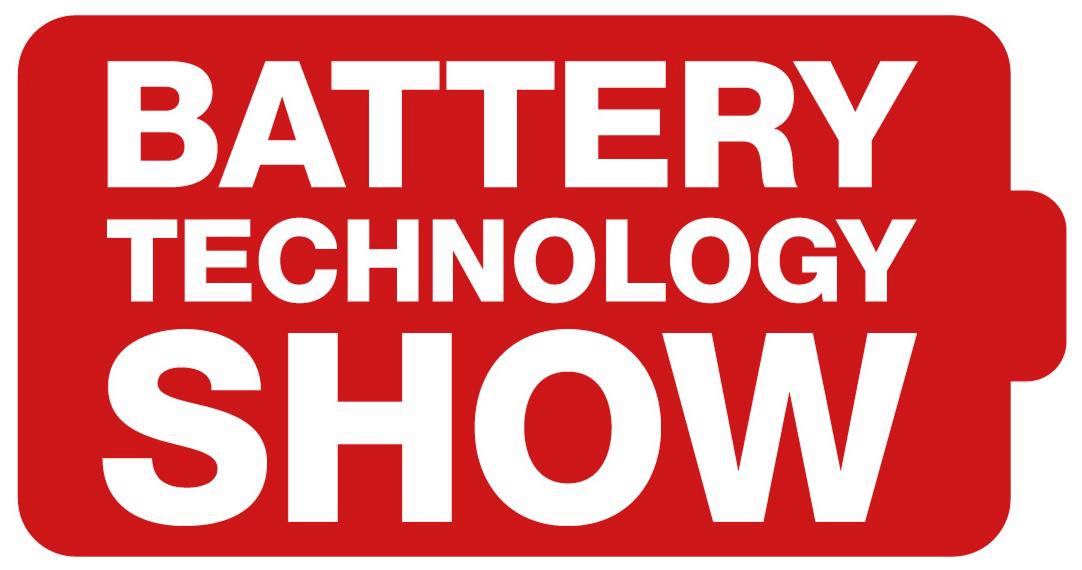
Battery Technology Showcase Highlights Emerging Tech
November 27, 2018
Last month saw the Battery Technology Show roll into London with a host of industry experts debating, sharing their research and hinting at the future of battery technology.
Speakers included experts like Matthew Boulton, COO at Pivot Power; Ross Bruton, Director of Market Intelligence at Smart Energy & Storage; Richard Harrington, MP and Parliamentary Under Secretary of State, Department of Business, Energy & Industrial Strategy, alongside countless other experts.
Opinions were understandably divided, although a few key points did shine through. The consensus amongst the experts in attendance was that Lithium-Ion batteries are reaching the end of their period of dominance, thanks partly to more advanced battery manufacturing technologies.
But what trends are poised to kill off the Li-Ion battery as we know it? Join us as we take a look.
Solid-State Batteries
Solid-state batteries have long been mooted as a potential successor to Li-Ion batteries, utilising a solid material to transport lithium ions in the battery. However, a lack of viable material candidates has meant that development until recently has been slow.
Lab-level gains in recent years have yielded several advancements which are making solid-state batteries a viable option. This, combined with heavy investment from the likes of Dyson, Renault, Nissan, Mitsubishi and Volkswagen – with an eye to solid-state batteries powering future electric vehicles – has meant that the future looks brighter for solid-state batteries.
Panellists, however, were quick to note that the road to solid-state battery viability is a long one. Commercialisation strategies for these battery technologies will likely be over five years.
Sulphur Enhanced Li-Ion
Key industry players have become excited by the possibility of utilising sulphur in Li-Ion battery production in favour of cobalt, nickel and manganese in the cathode.
The idea isn’t a new one and was previously discarded thanks to issues regarding cycle stability. Novel materials, however, have dramatically improved cycle stability in sulphur-enhanced batteries, enabling limited commercialisation in niche markets, like satellite production, where high energy density is required.
Supercapacitors
Supercapacitors (or ultracapacitors) are regarded as one of the most promising technologies in battery development.
Offering millions of cycles before failure, far more than Li-Ion, at the expense of lower energy density, supercapacitors offer much promise with a significant downside. There are companies, however, which are working on eliminating the downsides.
One plan involves merging supercapacitor technology with solid-state technology and solving weaknesses with solid-state battery technology like longevity and peak power performance.
Another potential solution is the introduction of graphene supercapacitors, which are currently in production, although details remain thin on the ground on that one.









